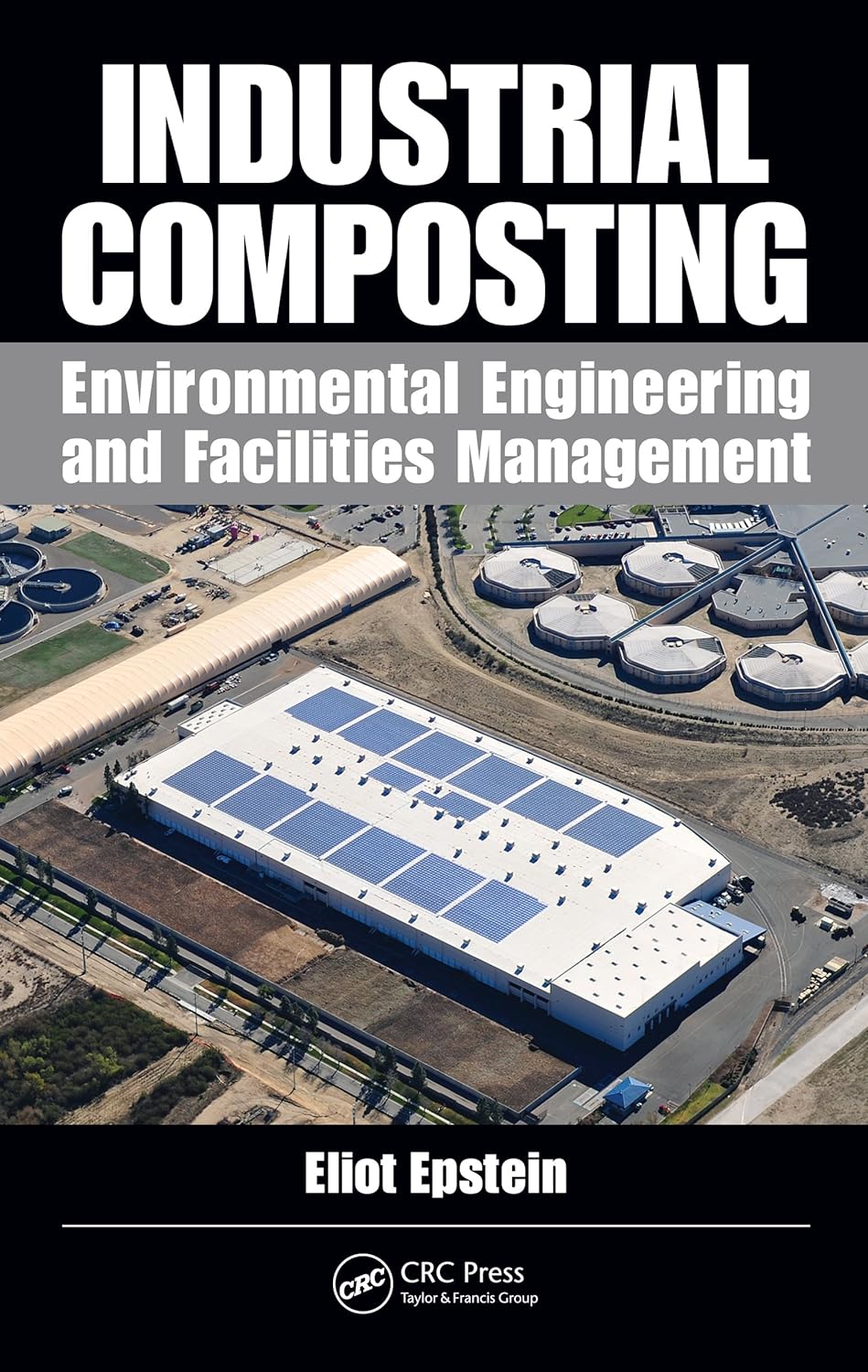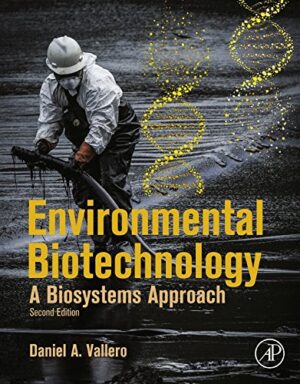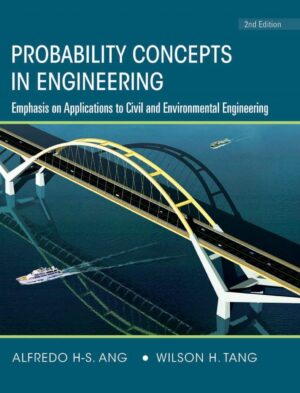The ultimate in recycling, composting has been in use in some form since ancient times. A well-managed composting facility should exist as a good neighbor contributing to ecology. However, since local populations often perceive risks if a composting facility is built nearby, composting facilities must be designed and operated with minimal odor, dust, and noise emissions. Industrial Composting examines the key operational aspects and problems associated with composting, with strong emphasis on odor mitigation, pathogens, and aerosols.
Designed for composting professionals and supported by extensive quality references, this book covers:
Facilities Planning and Design Odor Management Design, Material, Energy, and Water Balances Economics of Product Marketing and Sales Public Relations, Participation, and Communication Regulations Pathogen Concentrations as Related to Feedstocks Bioaerosols Associated with Composting and Their Potential Diseases
While many books cover composting, most of those currently available are either out of date or contain only a few chapters on the subject. With interest growing in the use of composting for biosolids, food wastes, and other specialty areas, the need for an up-to-date, focused resource is also increasing. To assist composting practitioners, community decision makers, and advocates, Industrial Composting brings recent advances and best practices in composting together in an accessible, professional volume.
environmental engineering
Industrial Composting: Environmental Engineering and Facilities Management
978-1439845318
1st Edition
by Eliot Epstein (Author)




Reviews
There are no reviews yet.